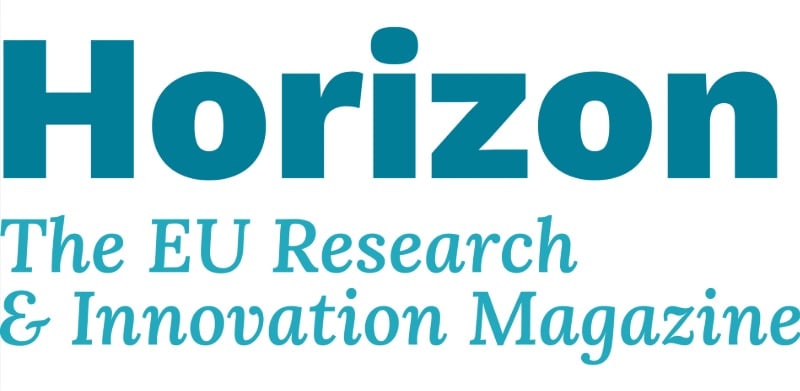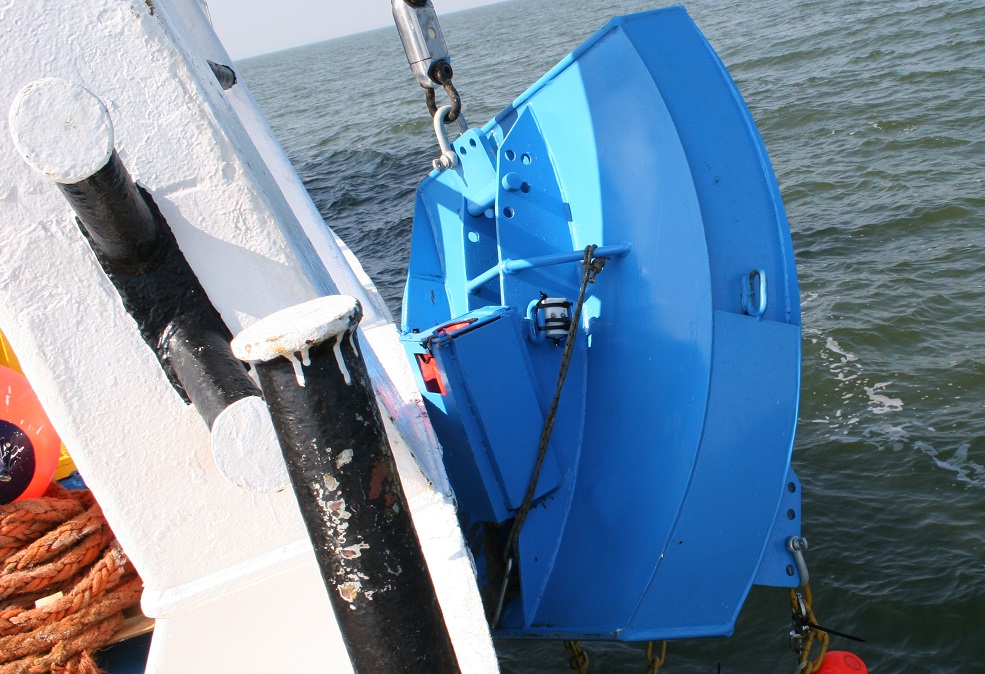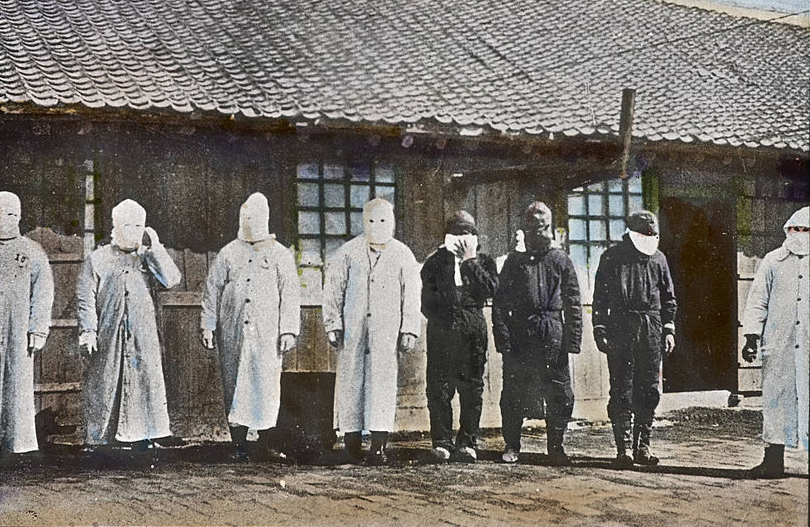Marine scientists steer trawlers away from sensitive sea floors
Bottom trawling, where fishing boats drag a heavy net along the seafloor, can devastate marine habitats and cause fish stocks to plummet, but scientists have developed new eco-friendly techniques to support the sustainability of an industry employing tens of thousands of people. Bottom (benthic) trawling indiscriminately catches bottom-feeder fish and seafood like plaice, cod, shrimp, … Read more






